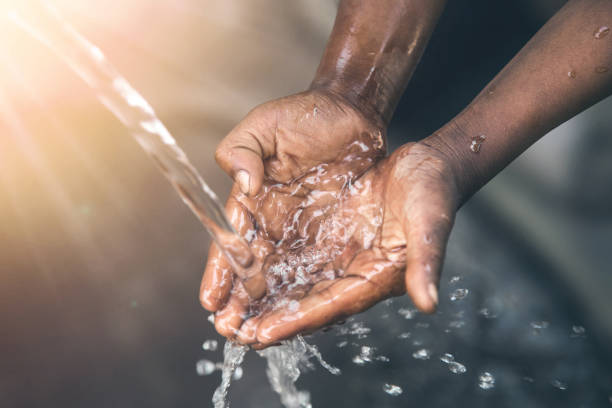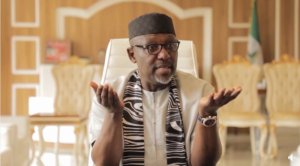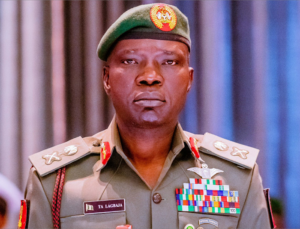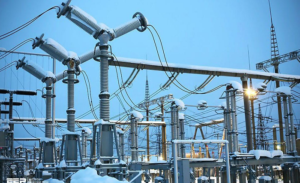
Akinbode Oluwafemi, CEO of Corporate Accountability and Public Participation Africa (CAPPA), revealed that more than eight million residents in Lagos state do not have access to safe drinking water due to challenges related to water privatization.
During the commemoration of World Water Day with the theme ‘Water for Peace,’ Oluwafemi highlighted that in Nigeria, a shocking 113 million people face significant challenges accessing clean water. This situation is not due to a scarcity of resources but is instead a consequence of profit-oriented approaches adopted by state authorities in managing water supply and services.
“The relentless pursuit of commodifying public resources, at the expense of community welfare, has led to the deterioration of vital public utilities and social services.
While this plight is widespread across the country, the situation in Lagos State is particularly alarming for us. Despite the state’s reputation as a lodestar and mega-city, over 8 million of its residents—equivalent to roughly 60 per cent of its population—grapple with limited access to potable water,” Oluwafemi stated in a statement made available by the organisation’s communication’s officer, Robert Egbe.
Meanwhile, the Gombe State Commissioner for Water, Environment and Forest Resources, Mohammed Fawu, has provided reasons for the shortage of water supply in the metropolis, despite the government’s N150 million monthly expenses in ensuring clean and safe water for public consumption.
According to him, illegal connections to the main water line from Dadinkowa Treatment Plant to the reservoir have reduced distribution to neighbourhoods.
Fawu disclosed this in a press briefing on Friday, at the ministry, where he decried the activities of some residents who had colluded with Gombe Water Board staff to connect illegally to farms, block industries, and mostly homes.
He said, “Water supplied into your residence, and clean drinking water comes from Dadinkowa Treatment Plant. It’s important to note that it’s not just pumped from the dam it has to be treated and it costs the government more than N150 million monthly just to treat the water and ensure that the water is clean excluding electricity costs. The N150m is just for the treatment of the water.
“The distance from the treatment plant to the reservoir is almost 60 km and, unfortunately, the plant is at a lower elevation than the reservoir. So we need electricity to pump after treatment but, unfortunately, the water is not coming as it should the pressure is not enough. This is because of a lot of illegal connections on the main line that comes from Dadinkowa due to this; all our reservoirs don’t get full capacity.”
Also speaking, General Manager Gombe State Water Board Engineer Abubakar Sadiq, called for maximum cooperation, urging residents to register with his office for proper identification to pay apportioned rates.






Be First to Comment